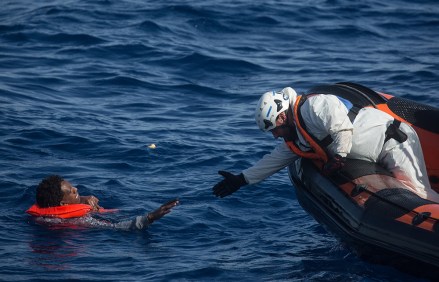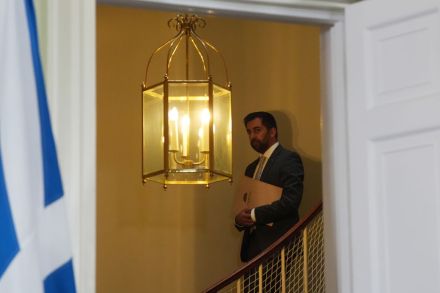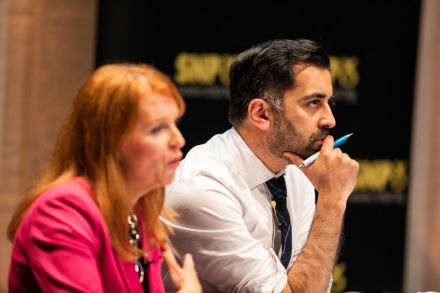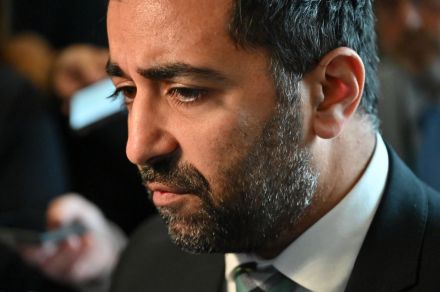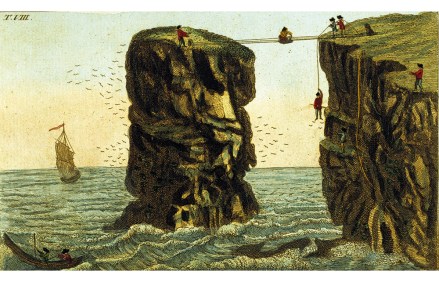Margaret Tudor – queen, regent and hapless intermediary
The history of princesses and queens has become well-trodden ground in the women’s history genre, particularly the Tudors. Linda Porter’s The Thistle and the Rose, a life of Margaret Tudor, queen consort to James IV and mother of James V, provides a refreshing change in subject. Margaret has had to share the stage with some of the most famous names and voices of the 16th century: Henry VII and his queen, Elizabeth of York; Henry VIII and his wives; and, of course, her namesake, Margaret Beaufort, the formidable Tudor matriarch who deftly helped place her son, the victor of Bosworth, on the throne. Margaret Tudor, though less considered in popular













